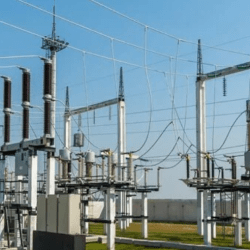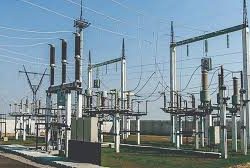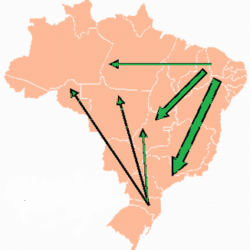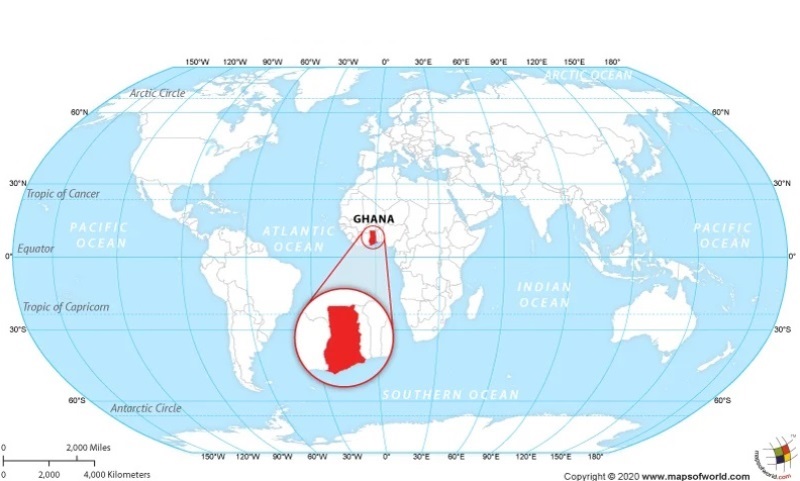The continued collapse of Nigeria’s national power grid is caused by a combination of technical, structural, and operational issues. Here are some key factors:
- Aging Infrastructure: Much of Nigeria’s power infrastructure is outdated and has been poorly maintained over the years. Transmission lines, transformers, and substations suffer frequent breakdowns due to age and wear, leading to an unstable grid.
- Insufficient Generation Capacity: The country’s generation capacity is inadequate to meet demand. Many power plants operate below capacity due to maintenance issues, fuel shortages, and inadequate gas supply, causing frequent load shedding and putting extra stress on the grid.
- Gas Supply Constraints: Nigeria relies heavily on gas-powered plants, yet challenges such as pipeline vandalism, theft, and maintenance issues disrupt gas supplies. These interruptions affect the grid’s stability by reducing generation capacity at crucial times.
- Inadequate Investment and Funding: Limited funding in the energy sector has led to under-investment in both maintenance and expansion of the grid. This lack of investment hinders upgrades to infrastructure and limits the capacity for proactive management of grid stability.
- Poor System Management and Coordination: Effective coordination among various players, including the Transmission Company of Nigeria (TCN), power generation companies (GenCos), and distribution companies (DisCos), is often lacking. Inadequate monitoring and communication can lead to delays in responding to issues, making outages and grid collapses more likely.
- Technical and Operational Challenges: Frequency instability, imbalance between power generation and demand, and inadequate protective systems all contribute to the grid’s fragility. When demand spikes or drops suddenly, the grid often fails to adjust in time, resulting in system collapses.
- Limited Renewable Integration and Storage: The national grid is not fully adapted to incorporate renewable energy sources like solar or wind, and lacks adequate energy storage solutions. Expanding renewable energy could reduce dependency on traditional generation, but requires investment and adaptation.
- Security Challenges: Vandalism, theft, and sabotage of power infrastructure—especially gas pipelines and transmission lines—have also contributed significantly to grid instability.
To address these issues, Nigeria would need a significant overhaul of its power sector policies, modernization of infrastructure, diversification of energy sources, and stronger regulatory enforcement for efficiency and reliability improvements.


















